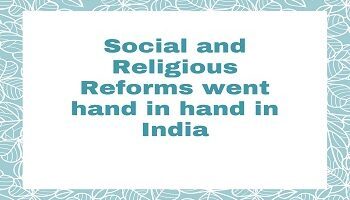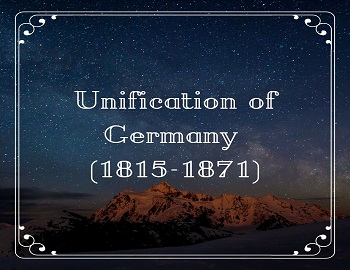Indian National Movement was a Unifying Factor in India:
The national movement brought the feeling of unity among the Indians in the following ways-
(1) The national movement created a feeling among all the Indians that the country should be governed by its own people and not by foreigners. It created a sense of patriotism amongst the people of this country and they struggled for freedom.
(2) People of different areas, different religions, different castes and languages were all trying to bring freedom to India- not to their areas. It created a sense of belonging to the nation- Indianness.
(3) The leadership of the national movement was spread over the whole country. Mahatma Gandhi, S.N. Banerjee, G.K. Gokhale, Bal Gangadhar Tilak, Lala Lajpat Rai, Maulana Azad, C. Rajgopalachari and Sarojini Naidu were not the leaders of particular communities although they came from different parts of the country, spoke different languages, and wore different dresses. S.N. Banerjee was a Bengali, Lala Lajpat Rai a Punjabi, Tilak came from Maharashtra, Gandhi was from Gujarat and C. Rajgopalachari from Tamil Nadu. But the national movement was successful because most Indian leaders identified themselves with India, not with its particular parts.
(4) The national movement brought about cultural unity among the people. Poems are written by poets from different parts of the country became symbols of nationalism. Sare Jahan Se Acha was written by Iqbal in Urdu and Jana Gana Mana by Tagore in Bengali, but all Indians accepted them and expressed their national feelings through them. So the national movement united Indians not only in politics but also in culture.
(5) All the countrymen sank their linguistic and regional differences to regain their independence.
(6) It reminded the Indians of the glorious picture of their past and the people began to feel proud of their rich heritage.









Comments (No)